It strikes me sometimes as a fortuitous coincidence that the word communism shares its start with the word compulsion because the two concepts are inextricably intertwined. In short, all communist societies have always compelled their citizens to think and behave in certain preordained ways.
Are such compulsions beneficial in any way to other inhabitants of our planet? To those great many so compelled the answer would undoubtedly be a virtually meaningless ‘yes’ because they are denied access to any kind of freedom themselves and thus do not grasp its essential benefits. However, compare their situation for a moment with that encouraged by the often misunderstood Christian concept of ‘free will’. At its apogee, this doctrine suggests that if we are not free to love God voluntarily our love becomes devalued. Is there some lesson here for us all?
Paradoxically, I preface my remarks about Clive Hamilton’s new book Silent Invasion – which deals largely with China’s level of influence in Australia – in this rather roundabout way in order to go directly to what I see as the heart of the matter.
Mr Hamilton’s book is lengthy, extremely detailed and records a great many instances of the manner in which the People’s Republic of China pursues its objectives overseas. Because of the confidence China’s sheer vastness and totalitarian nature give it, that country generally pursues such objectives by compulsion fairly rapidly the moment any kind of preliminary ‘persuasion’ fails to succeed. Societies which are not totalitarian in nature themselves almost always fail to grasp the nature of those which unquestionably are. As eminent Professor Frank Dikotter, who has made a lifetime study of 20th century China, remarked very aptly in a recent e-mail to Mr Hamilton: It (the Chinese Communist Party) relentlessly seeks to undermine any and all opposition to it both at home and abroad. In fact there is no ‘abroad’ for people identified as [PRC] citizens by the Chinese Communist Party. All of this is so alien to the very nature of liberal democracies that it is hard for outsiders to comprehend. It is like a Boy Scout dealing with Don Corleone.
On the back of Mr Hamilton’s new book the following appears: From politics to culture, real estate to agriculture, universities to unions, and even in our primary schools he (Mr Hamilton) uncovered compelling evidence of the Chinese Communist Party’s infiltration of Australia. Having now fully read the book I find such words justified but, this being Australia, other writers such as Graham Richardson immediately sharpened their rhetorical knives. ‘Enough of this yellow peril nonsense,’ Mr Richardson advised us. Just how helpful is that? In an adjoining column Dennis Shanahan writes: ‘China is at it again. The Middle Kingdom is trying every avenue of interference it can’. The two were juxtaposed in the Australian of March 1. I worked for that weirdly ambivalent newspaper myself for 6 years following 11 years working for The Spectator. I wonder sometimes whether the Australian truly knows its own mind or really believes in any kind of unilateral policy at all on major issues. After working for a publication which certainly did so under the editorships of Charles Moore and Dominic Lawson, I still find it hard to find answers to these questions.
In spite of my reservations about the current state of China and its external ambitions I wish its people themselves nothing but good. Roughly a million people of Chinese extraction live in Australia where democracy is still at least supposed to apply. It sounds the silliest of questions but how welcome would my presence ever be in Peking? Democracy opens lives out while totalitarian systems close them down and lock them in. In previously democratic Australia we are stumbling ourselves in a dangerously totalitarian direction which a vast majority of our inhabitants do not deserve.
Before coming to Australia, I worked and filed articles from more than 20 different countries and still remain amazed on reflection by many of my experiences. In essence such experiences helped round out my education. In Sri Lanka for example I was privileged to be present at the amazing annual procession in Kandy of the Buddha’s sacred tooth. Local people sleep on the pavements for 2 days in order to watch this. In Germany, in marked contrast, I once attended a black-tie dinner party for the unveiling of a sculptural bust of my very wealthy host. Amazingly this turned out to be by the man who had created the vast neo-classical sculptures for the 1936 Olympic Games in Berlin. Even at the age of 90, Arno Breker, had lost none of his wonderful skills and I felt ashamed that I had somehow imagined him to have been dead. The reason he was no longer spoken about, of course, was that he was once rather a well-known dictator’s favourite sculptor. In the Leftist world of contemporary art, if that dictator had been either Lenin or Stalin all would have been well.
In the preface to his book, Mr Hamilton candidly admits his problems of finding a new publisher since his regular firm was nervous of its relations with China. Did not that utterly prove Mr Hamilton’s basic point? To a greater extent than Mr Hamilton perhaps my political leanings have always been my major disadvantage in Australia. In short, there is hardly any place for such sentiments as mine here in our predominantly left-leaning ‘cultural’ and political worlds. However, unlike many of the so-called ‘snowflakes’ currently attending Australian universities, I spent my own nineteenth year on the front line where the British and Russian zones of occupation in Northern Germany met at the height of the Cold War. Proper, freezing snowflakes formed rather a regular accompaniment there to our daily and nocturnal duties.
Got something to add? Join the discussion and comment below.
Get 10 issues for just $10
Subscribe to The Spectator Australia today for the next 10 magazine issues, plus full online access, for just $10.
You might disagree with half of it, but you’ll enjoy reading all of it. Try your first month for free, then just $2 a week for the remainder of your first year.


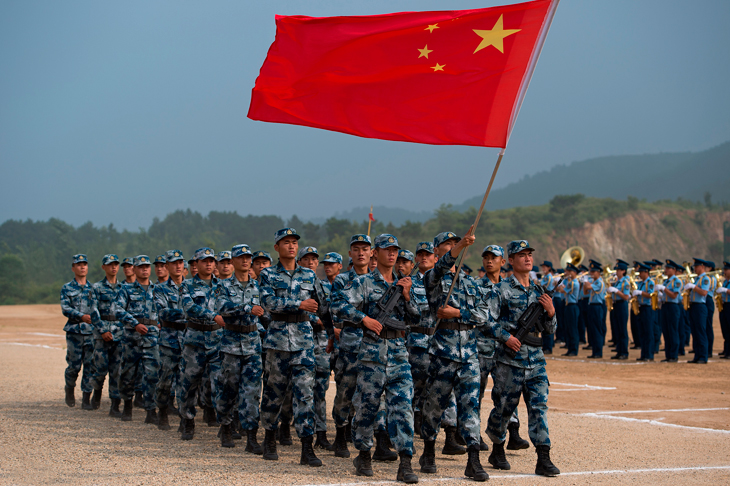
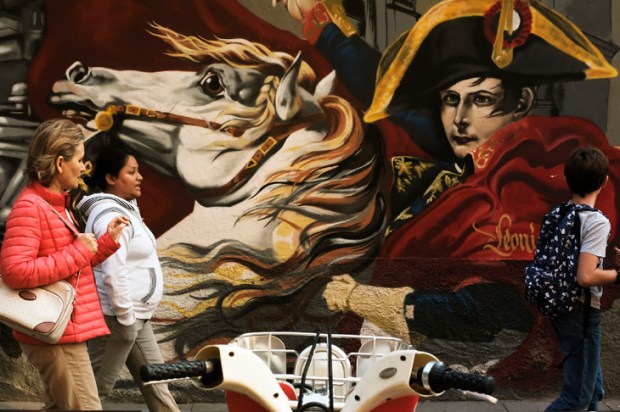
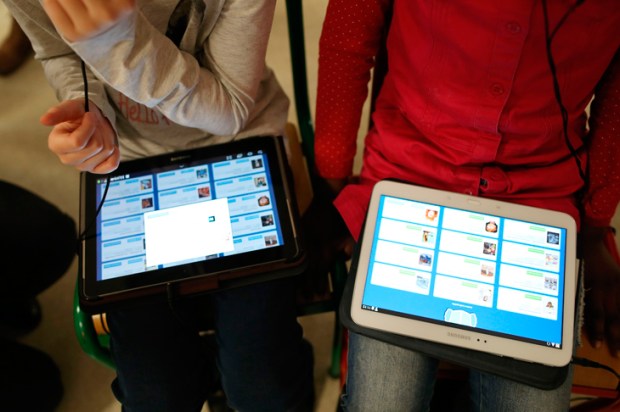
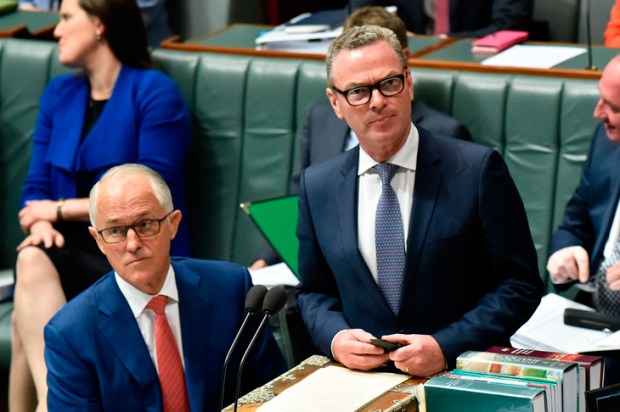
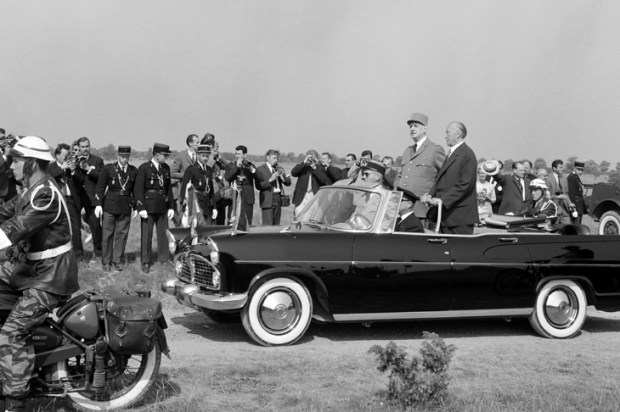
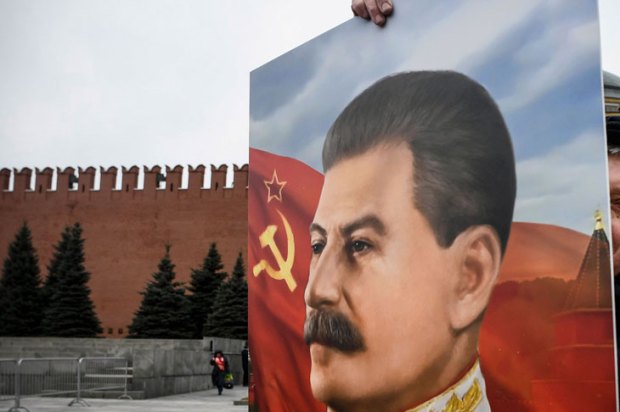
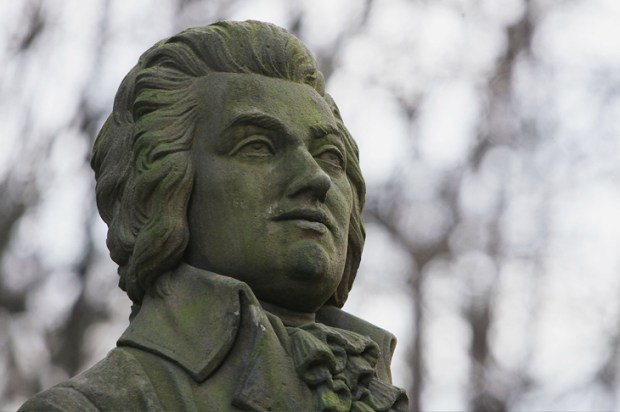






Comments
Don't miss out
Join the conversation with other Spectator Australia readers. Subscribe to leave a comment.
SUBSCRIBEAlready a subscriber? Log in